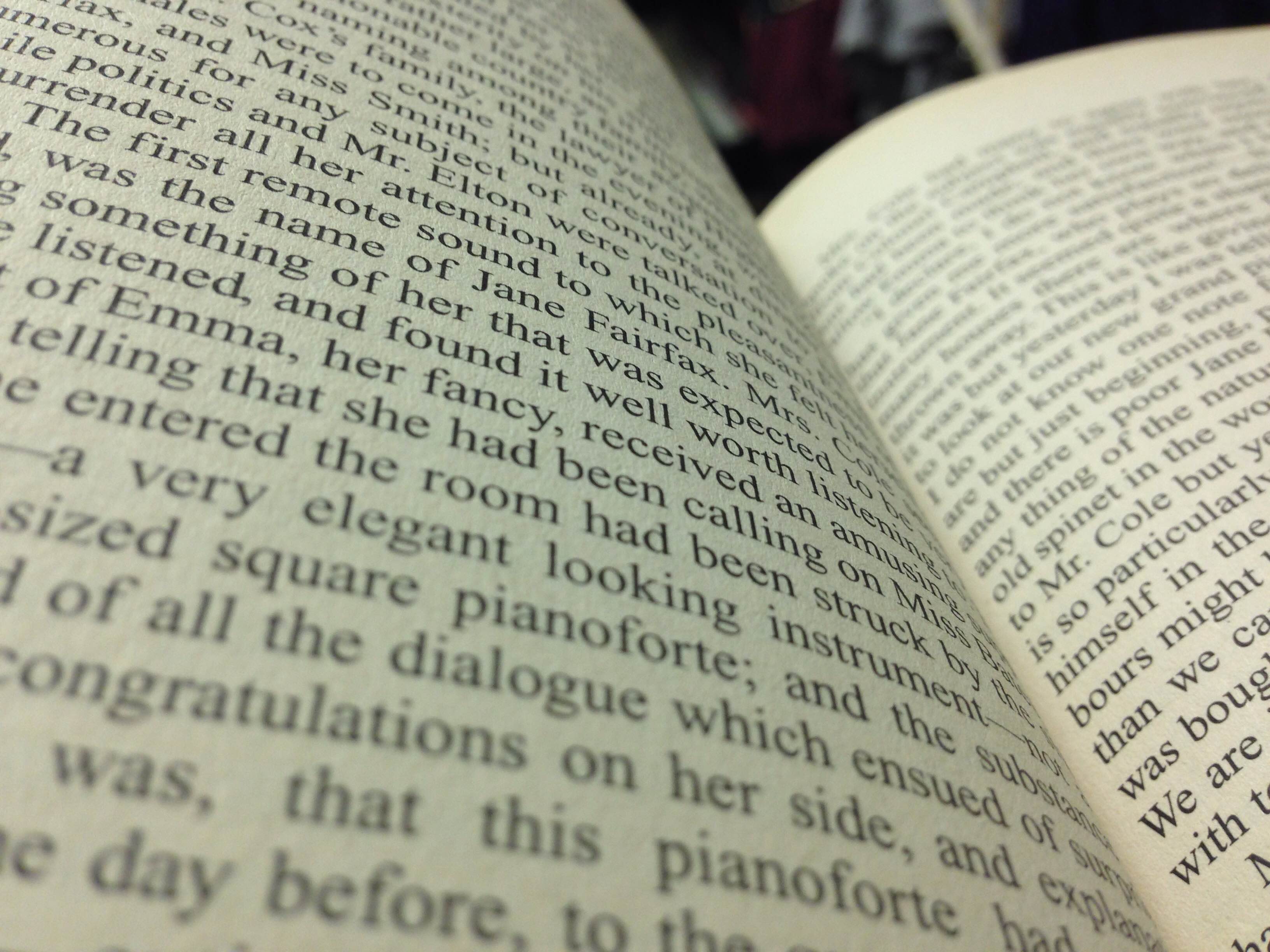
1. Obviously. This word is one that is unnecessary. If something is obvious, it does not need stating.
2. So. Lots of people open sentences with ‘so’. It usually has no meaning and is just a filler word. Someone asks a question ‘Why did you go to see Jason yesterday?’ , and the response is ‘So. I haven’t seen him for ages and wondered if he’s all right.’
3. Very unique. Unique means there is only one of it. Adding ‘very’ is meaningless. As is adding other qualifiers.
4. Just. Unless you are talking about the judicial system, ‘just’ is another filler word. We often say ‘I was just going to do it.’ Don’t write it.
5. Very. You should try to find stronger word. Don’t say ‘very big’ use ‘enormous’. ‘Huge,’ etc. The English language, thanks to the way it’s developed, is rich in synonyms.
6. Awesome. This word is greatly overused. It actually means something that fills you with awe, not just something that’s pretty good.
7. Nice. This is something I was taught at school, many centuries ago. OK, maybe not quite that long, but a long time ago anyway. Don’t use ‘nice’. Choose a stronger, more interesting word.
8. Really. Similar to ‘Very’. ‘A really nice cake’ (Look, I used 2 of these words in 1 sentence!) Choose a stronger word.
9. Irregardless. This is NOT a word. The word is ‘regardless’.
10. Try and... actually means you will try, and you will succeed. If you succeed, you don’t need to try. If you try, you will nor necessarily succeed. Use ‘Try to…’ instead.
What do you think about using these words? Do you use them?
No comments:
Post a Comment